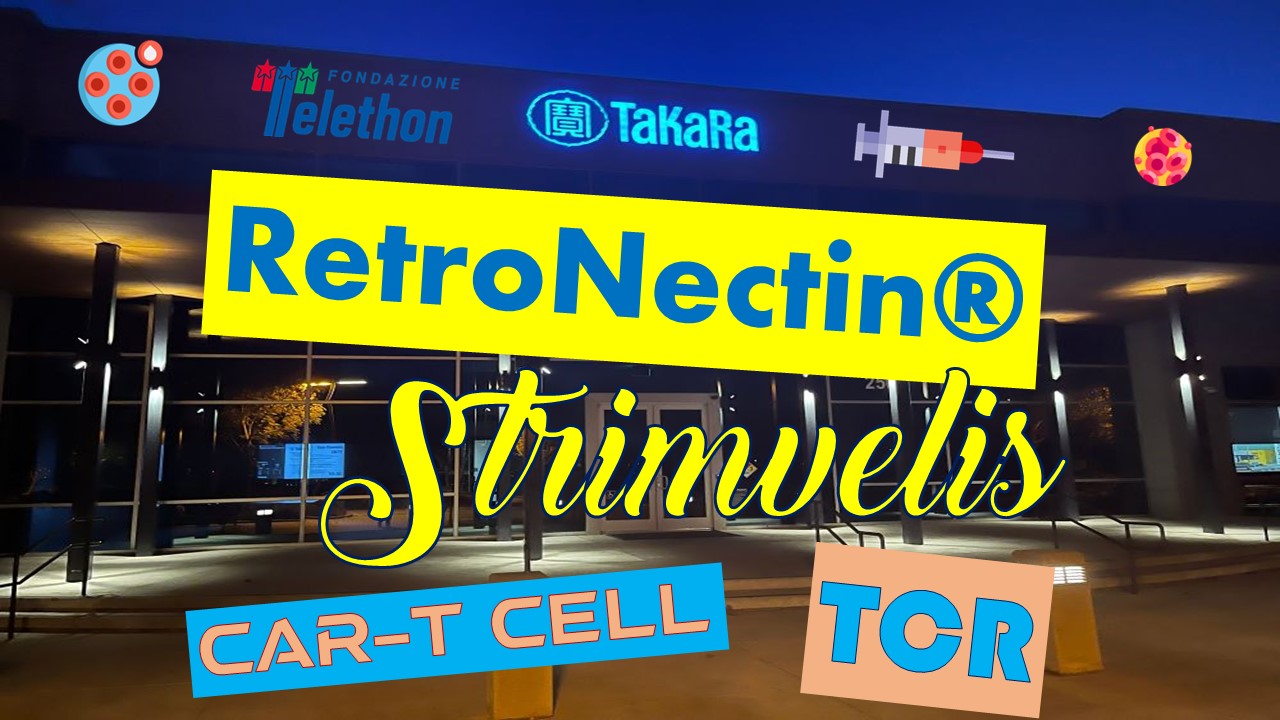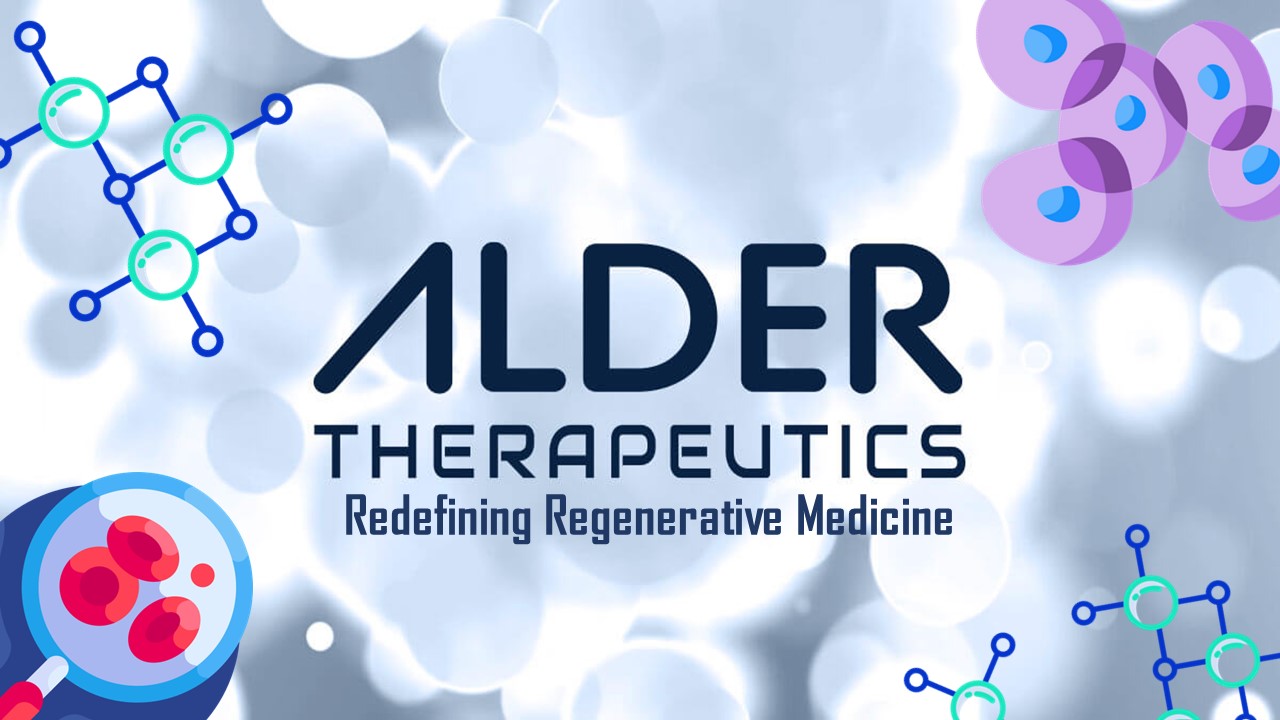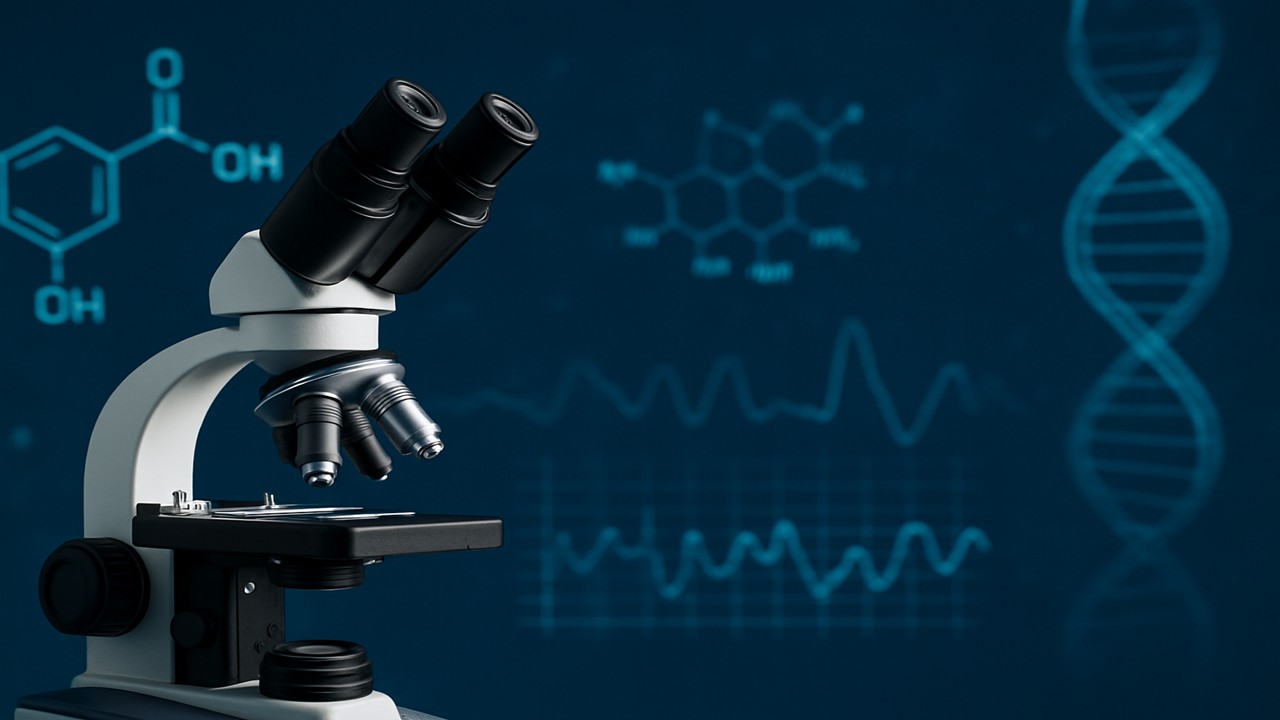In a groundbreaking move, Sygnature Discovery, a prominent integrated drug discovery and non-clinical solutions provider, has recently announced a scientific collaboration with Axol Bioscience, a leader in the field of human induced pluripotent stem cells (iPSCs). This partnership signifies a paradigm shift in drug discovery, aiming to explore the integration of human iPSC-derived microglia into high-content imaging in vitro screening workflows.
Renaissance of Human iPSCs in Drug Discovery
Human induced pluripotent stem cells (iPSCs) have emerged as a revolutionary force in biomedical research, owing to their unique ability to differentiate into various cell types found in the human body.

This collaboration seeks to harness the potential of iPSCs by focusing on microglia, neuro-inflammatory cells that constitute approximately 10% of the brain’s cell population. These cells have become a pivotal therapeutic target in the quest for effective treatments for Alzheimer’s Disease and other neurodegenerative conditions.
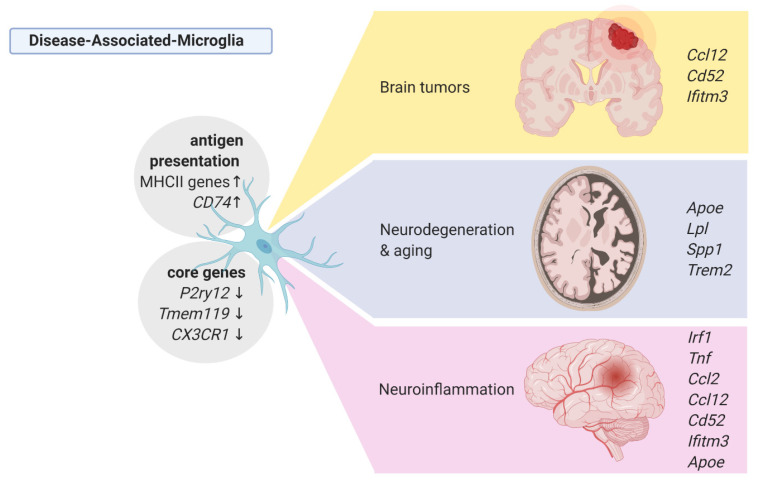
The Art of High-Content Imaging: Unveiling Cellular Mysteries
By teaming up with Axol Bioscience, a recognized leader in the iPSC space, Sygnature Discovery aims to elevate its drug discovery capabilities. The focal point is the incorporation of human iPSC-derived cells into high-content imaging and screening workflows. This strategic move is poised to deepen the understanding of cellular responses to drug candidates, identifying precise and accurate therapeutic targets in the process.
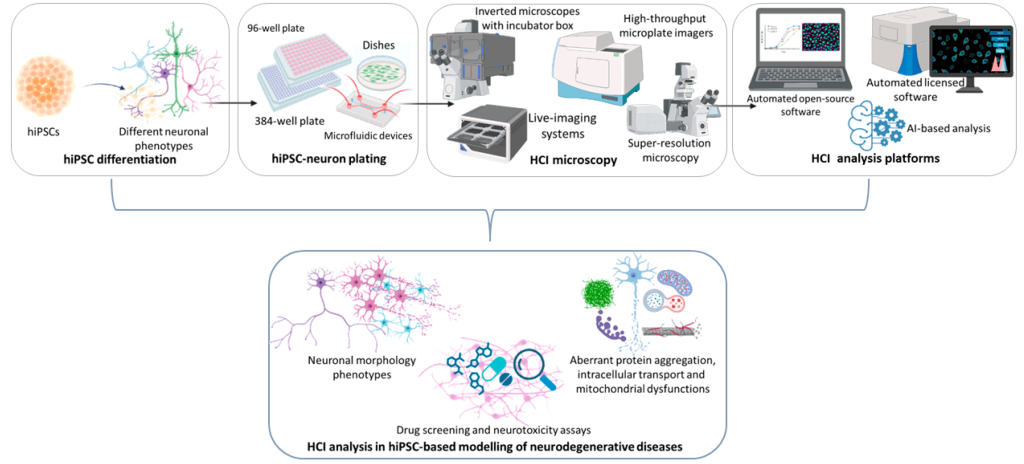
High-content imaging stands at the forefront of this collaborative venture, providing researchers with a powerful tool to unravel the intricacies of cellular responses to drug candidates. This sophisticated technique enables a more nuanced exploration of the effects of potential therapeutics, offering unprecedented insights into the microscopic world of cellular behavior.
Axol Bioscience Pioneers iPSC Tech for Neurodegenerative Diseases
Axol Bioscience, boasting over a decade of technical expertise in iPSCs, particularly in the realm of neuroscience, takes center stage in this collaboration. The company’s specialization in the development of in vitro test model systems using neuronal and neuroinflammatory cells positions them as pioneers in the manufacturing of functional iPSC-derived microglia at scale. This becomes especially crucial in the context of neurodegenerative diseases like Alzheimer’s, where clinical trial failure rates currently soar at an alarming 99.6%.
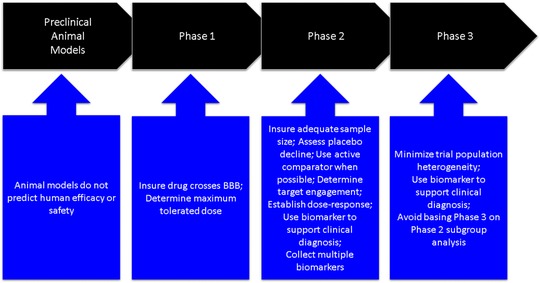
A Fusion of Expertise: Navigating the Complex Landscape of Drug Discovery
Tim Phillips, Ph.D., Associate Director (Bioscience) at Sygnature Discovery, underscores the importance of this collaboration, emphasizing the need to leverage innovative technologies and expertise to enhance the efficiency and effectiveness of the drug discovery process. He envisions a future where high-content based imaging assays, enriched by human iPSCs, become a cornerstone in neuroscience therapeutic endeavors.
In line with Sygnature’s commitment to building a neuroscience drug discovery platform that humanizes the process, Ashley Barnes, B.Sc. Chief Scientific Officer at Axol Bioscience, expresses enthusiasm about the collaboration. Barnes notes that integrating human iPSCs at scale can significantly enhance drug discovery pathways, potentially leading to better therapies for patients grappling with neurodegenerative conditions.
A Glimpse into the Future: Academic Conferences in 2024
Both Sygnature Discovery and Axol Bioscience are set to share their development findings and successes at academic conferences in 2024. This transparent sharing of insights promises to contribute to the collective knowledge pool, fostering advancements in the dynamic field of drug discovery.
About Sygnature Discovery
Sygnature Discovery stands as a global leader in the field of integrated drug discovery and non-clinical solutions, demonstrating a profound expertise spanning various therapeutic areas and biological target classes. The company’s commitment to advancing life and health lies at the core of its pioneering mission, placing early drug discovery as a pivotal battleground against disease.
Founded in August 2004 as Sygnature Chemical Services, the organization evolved into Sygnature Discovery in September 2011 with the establishment of its Bioscience department. This shift was aimed at better capturing the company’s capability to design, produce, and evaluate novel compounds seamlessly within the drug discovery process. The name Sygnature itself, a fusion of ‘synthesis’ and ‘nature,’ reflects the organization’s dedication to ‘green chemistry,’ a concept inspired by Dr. Simon Hirst, the company’s founder.
The success of Sygnature Discovery stems from a unique synergy of expertise in chemistry, bioscience, drug metabolism and pharmacokinetics, computational design, and in vivo pharmacology. What distinguishes the company is its innovative approach to laboratory collaboration, with diverse disciplines co-located on the same research site and within the same laboratories. This integration has proven instrumental in overcoming hurdles during drug discovery projects, fostering a spark of innovation when challenges inevitably arise.
A noteworthy aspect of Sygnature’s team is the high level of qualification among its scientists, with over 80% holding a PhD. Moreover, many of the research scientists bring extensive pharmaceutical industry drug discovery experience to the table, enriching every research project with applied expertise. This deep reservoir of knowledge allows for genuine collaboration on an equal footing with clients’ scientists, providing substantial intellectual input and drug discovery expertise to propel projects towards clinical development.
Sygnature Discovery’s commitment to its clients extends beyond expertise, emphasizing a true partnership model. The company prioritizes clear and open communication throughout every step of the drug discovery process, offering honest insight into the viability of projects and the most effective path forward. This collaborative ethos ensures that clients can trust Sygnature with their aspirations and challenges, from target discovery through to preclinical research.
In a maturing brand landscape, Sygnature Discovery has evolved to represent a unique and distinct approach to operating and doing business. This approach not only benefits the organization’s staff and clients but, ultimately, aims to make a meaningful impact on patients’ lives. The company’s journey, rooted in a love for science and a commitment to people, continues to drive success in the dynamic realm of drug discovery.
Learn more about Sygnature Discovery via this link sygnaturediscovery.com.
About Axol Bioscience
Axol Bioscience stands as a dedicated supporter of the quest for more effective and safer therapies, aligning its mission with the belief in expanding scientific knowledge and de-risking drug development through the creation of human-relevant disease models. Since 2006, Axol has been employing human induced pluripotent stem cells (iPSCs) and donated cells from patients to construct physiologically relevant in vitro models.
The company has carved a niche in the field with a particular emphasis on neurodegenerative diseases, notably Alzheimer’s disease, and cardiotoxicity, contributing significantly to advancing drug safety. Axol’s innovative use of iPSC technology allows for the development of in vitro platforms that not only facilitate earlier-stage modeling and safety testing of candidate compounds but also enable later-stage efficacy evaluation and improved patient selection.
Axol Bioscience distinguishes itself through the decade-long development of an international reputation for producing and characterizing ‘excitable’ cells. This includes CiPA-validated cardiomyocytes, widely utilized in drug safety screening, as well as neural stem cells derived from patients with neurological conditions such as Alzheimer’s disease and Parkinson’s disease—both focal areas in pharmaceutical development. Additionally, the company generates astrocytes, microglia, and motor neurons.
Founded in 2013 by Jonathan Milner and Yichen Shi, Axol Bioscience has undergone significant evolution since its merger with Censo Biotechnologies in 2021. This strategic move has transformed the company into a comprehensive provider, offering custom in-house laboratory services to support biotech and pharma, along with a ready-to-sequence library of cells and supporting media and reagents.
Operating under ISO 9001:2015 certification, Axol Bioscience maintains a manufacturing site that reflects its commitment to performance and quality standards. The company embraces an open culture of collaboration, aiming to support the future of human research by being a trusted supplier of human iPSC-derived cells, media products, and related contract services for life science discovery. Axol’s quality policy solidifies its position as a preferred supplier in the iPSC market, emphasizing dedication to excellence in both performance and quality standards.
More about Axol Bioscience from their Official Website.
Engr. Dex Marco Tiu Guibelondo, B.Sc. Pharm, R.Ph., B.Sc. CpE
Subscribe
to get our
LATEST NEWS
Related Posts

Cell & Gene Therapy
Eyeing the Future: Stem Cells and the Promise of Corneal Restoration
By reducing dependency on donor tissues and minimizing immunosuppressive demands, iCEPS has the potential to redefine LSCD treatment.
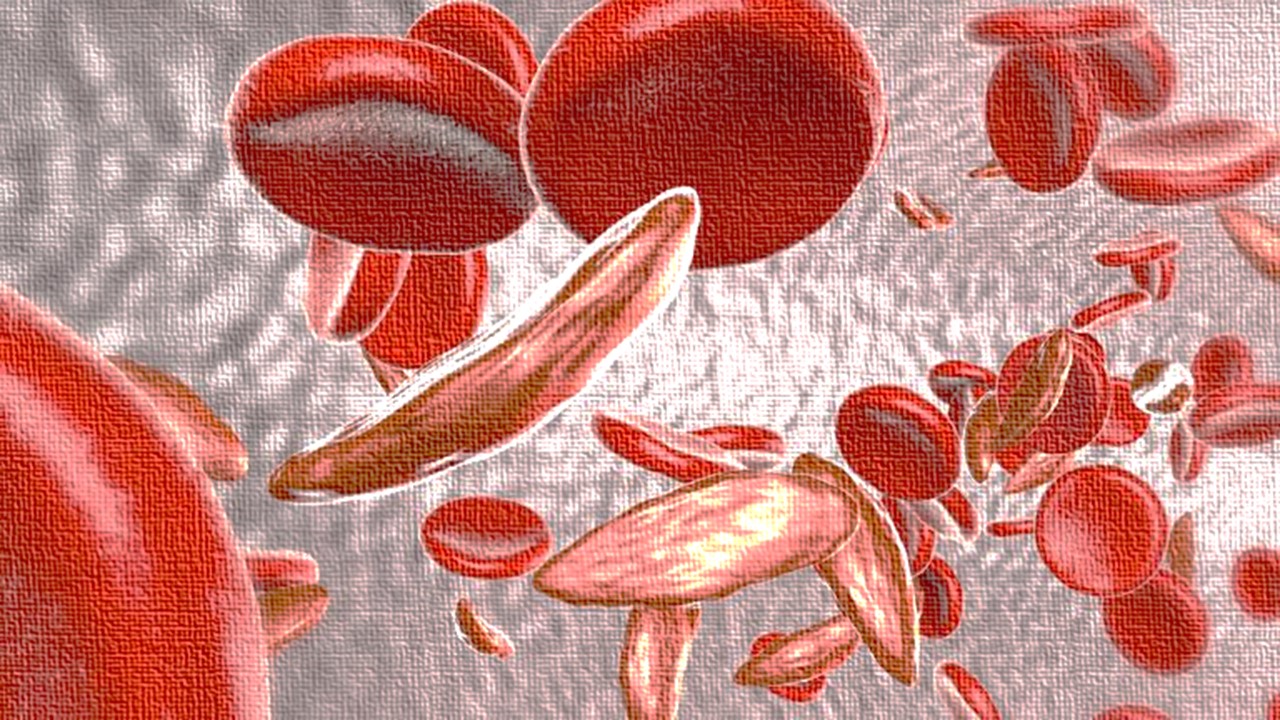
Cell & Gene Therapy
A Cure in the Code: How Gene Editing is Transforming the Fight Against Sickle Cell Disease
BIVV003’s success highlights gene editing’s potential to treat genetic disorders at their root, offering hope for other conditions.
Read More Articles
Myosin’s Molecular Toggle: How Dimerization of the Globular Tail Domain Controls the Motor Function of Myo5a
Myo5a exists in either an inhibited, triangulated rest or an extended, motile activation, each conformation dictated by the interplay between the GTD and its surroundings.




